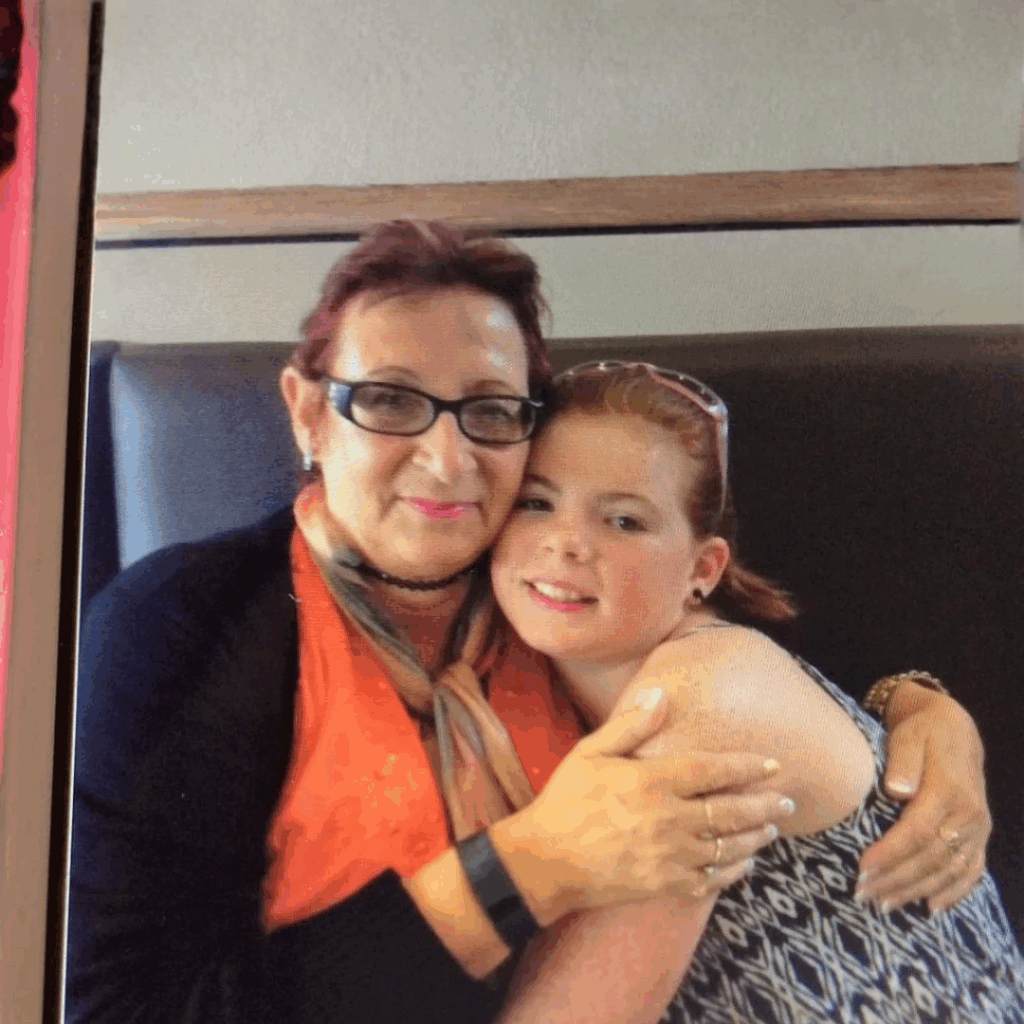It is not unusual to experience ‘big feelings’ or ‘big emotions’ when living with a lung condition. Many people experience higher than usual levels of anger, sadness, hopelessness, worthlessness, irritability, frustration, stress and impatience. Noticing that you might not be as calm as you once were, is another normal reaction to living with a lung condition.
These big feelings might become more evident when you are tired, sick or worried about something like going to a specialist appointment or receiving test results. If you notice you are experiencing higher than usual levels of negative emotions, this is a good time to talk to someone about how you are going. Your GP might be a good place to start and you may be able to get a referral to see a mental health professional.
“You need to give the mental health professionals time and capacity to help you. Just give it a chance.“
Anonymous, living with a Chronic Obstructive Pulmonary Disease.
Tips for when you feel overwhelmed
In general, when your brain is feeling overwhelmed, you are more likely to notice that your patience is reduced, you may be more likely to snap at people around you and feel higher levels of hopelessness and frustration.
One strategy to assist with these times is to acknowledge that you are feeling “out of sorts”. Let your mind be curious about what it is you are actually feeling. What is your self-talk saying to you? Write it down, as it can help with organising your thoughts. It might be that you are feeling overwhelmed by all your appointments, or maybe work is particularly busy, or you are wondering how you are going to afford medication or the house modifications you might need.
Look at the things you have written down and make a list of those you can do something about, and another for what is ‘out of your control’. Take one thing off the list you can do something about and get started on it; this action will help you feel more in control and should help to reduce some of the stress you feel.

Another thing you can do is to tell your partner, family or trusted friends that you are feeling overwhelmed. When they know you are struggling, they will be less likely to take offence if you are snappy towards them. Talking to trusted people about how you feel helps them feel more connected to you, and you to them. It is OK to tell them you don’t need them to fix anything, that you just want them to listen.
What if I just feel numb?
Another way people can react to the impact of living with lung cancer or a lung disease, especially one that is life-limiting or significantly changes your lifestyle, is to feel nothing but numb. You might feel as if you are wading through molasses; people, things and even sound feel slightly muffled and removed. You might feel heavy and as if your reactions are slowed, and you just can’t find the energy to smile or talk. Other people feel like they are on auto-pilot; they can feel themselves going through the motions but don’t feel connected to the experience.
“At the time of diagnosis, I tried to be tough for everyone because your family falls to pieces. You just become numb and run on autopilot.“
– Anonymous, living with Pulmonary Arterial Hypertension.
This feeling of numbness or being on autopilot are aspects of dissociation. It is the brain’s way of trying to protect you from feeling too much and is quite normal in certain circumstances. If you get these feelings, rest assured that you are not going crazy. However, if these feelings persist beyond a short period of time or begin to impact you in one or more domains of your life, you should seek assistance from a mental health professional.
Learning to ‘sit with your emotions’
When we get upset, it is natural to try to push that feeling away. Generally, this strategy is not very effective. Instead, a good way to manage difficult emotions is to simply let them sit there for a while, eventually the emotion will change into another one, and a bit later change again.
Emotions are a bit like the weather; they change throughout any given day, depending on what we do and what happens around us. Learning to let emotions just sit with us and not actually trying to do anything about them can be a huge relief. When we open up to this possibility, we free ourselves to do other things. Sometimes we can help ourselves to change distressing emotions to something more positive by doing something we enjoy, something that normally gives us pleasure.
By reminding ourselves of the things we like doing, the things we are grateful for and the things that make our heart sing, we provide ourselves with opportunities to feel positive emotions and when we feel positive emotions, we are more able to feel optimistic and hopeful.
You may wish to view our Mindfulness and Self-compassion guided practices, which can help to increase your ability to be present and flexible in our responses to life’s joys and challenges.
Are you looking for more information about caring for your mental health and wellbeing?
Was this page helpful?
Good job! Please give your positive feedback
How could we improve this post? Please Help us.



